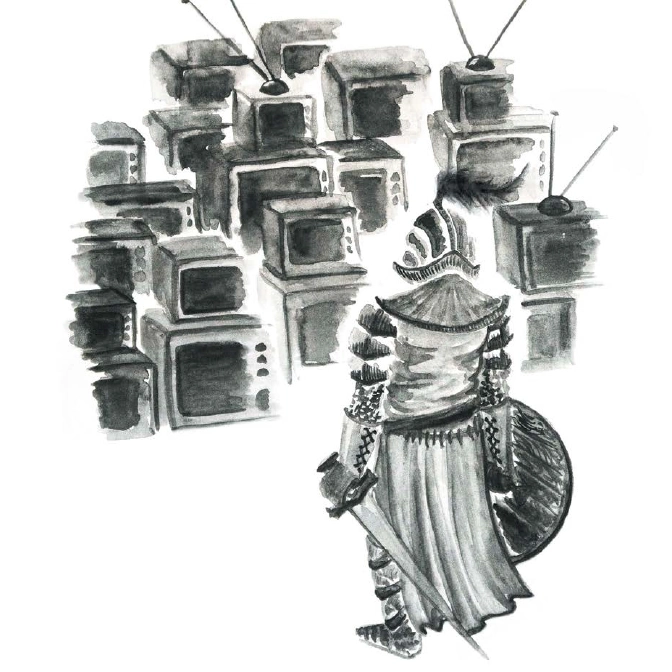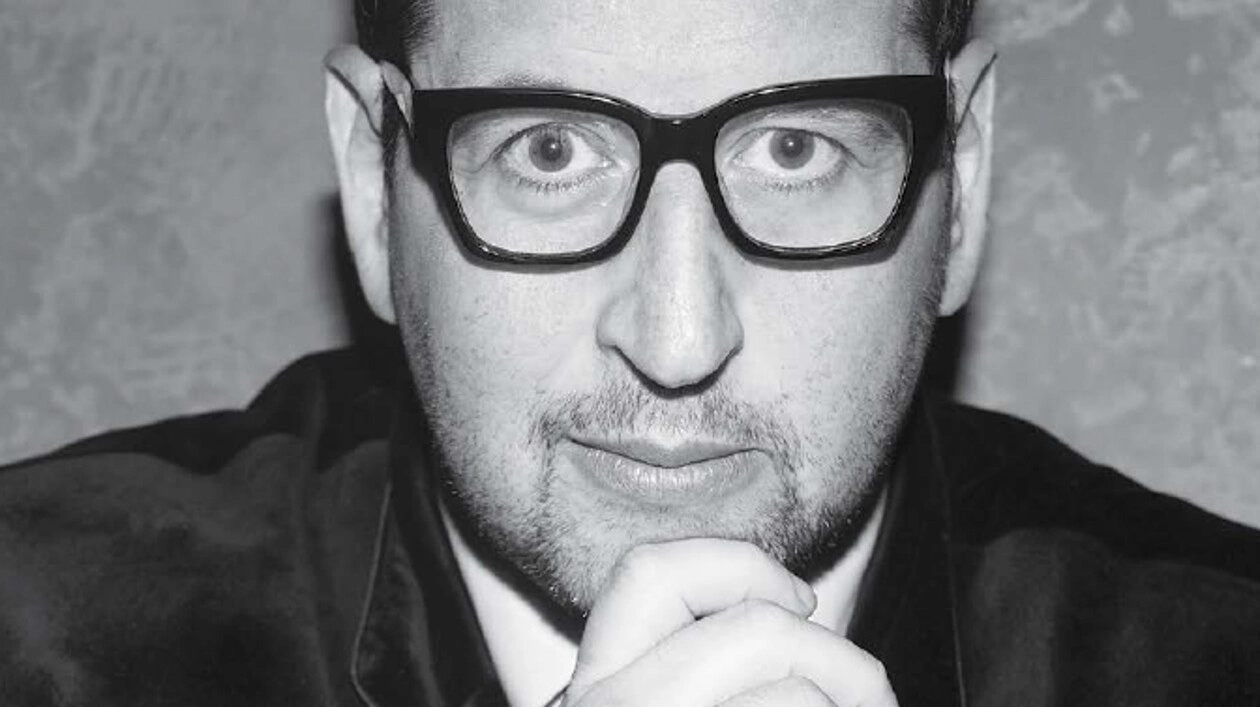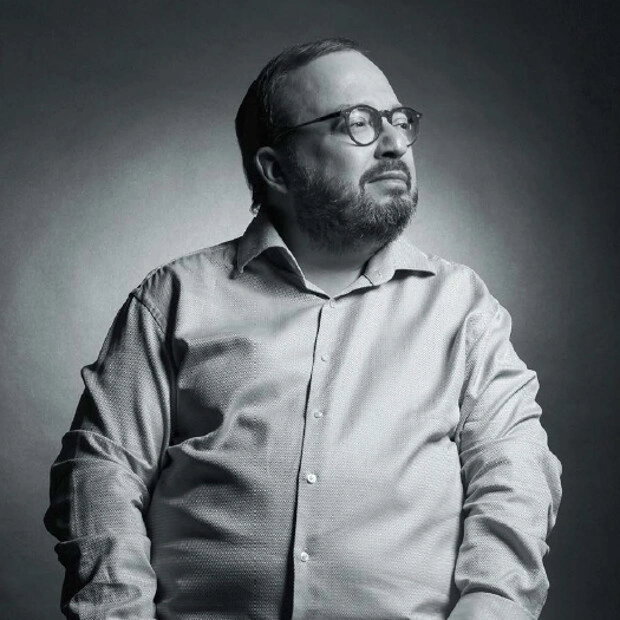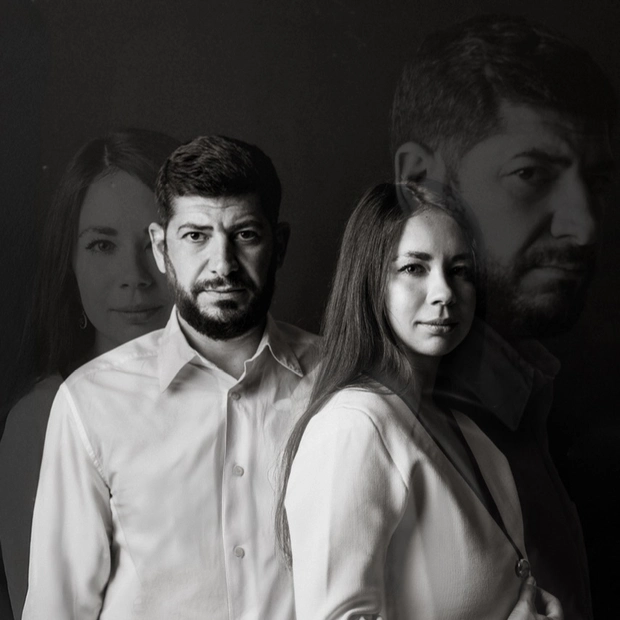Over the past twenty years, the rapid development of technology, increasing ease of travel, and the emergence of new means of communication have changed both the labor market and our understanding of what "work" is. In the past, changes of this magnitude occurred with the transition from agrarian to industrial society, and these changes were accompanied by world wars and waves of mass violence. It's frightening to think about what the fourth industrial revolution is bringing us. Many people prefer not to think about it at all, though this is a mistake that could cost us the future. Our returning columnist, co-founder of the Friends charitable foundation, Yan Yanovsky.
We hear the word "challenge" a lot these days. We often think of it in terms of a challenge for a particular person. But it’s arguably of much greater importance that we be thinking globally in this respect, about the challenges society is currently facing, but which barely anyone is considering. And really, it’s not an option to ignore them.
As science continues to develop, modern technology is as well, and the speed of that progress is increasing. As people of the 21st century, we welcome artificial intelligence, virtual reality, and we applaud all the discoveries and innovations that better our lives. But what we don’t always grasp is that technological development isn’t just creation in science and tech, but it’s also negation, the destruction of conventional ways of thinking, of living, and of viewing the world. And what’s more is that we don’t grasp that this upheaval isn’t a few years off. It’ll be tomorrow, or even today. This very year, we’ll be seeing the birth of several companies that’ll be transporting goods without a human in the driver’s seat, and next year, General Motors plans to begin manufacturing driverless taxis. In standing up for people over machines, we can, of course, impose restrictions via trade unions and the legislature, but these would only be temporary measures. It’s already been proven that less fuel is burned when there isn’t a person behind the wheel, on top of the fact that if there’s no driver, then the vehicle won’t need to pause along its route for rest stops, as is currently the legal requirement. Refusing to maximize efficiency for the sake of charity is illogical. But what are people going to do when they find that their labor is no longer necessary? What’ll happen to them when they find themselves sidelined? We have to come to grips with the sort of education that people are going to need, in order not to lose relevance in this world that we’ll very soon be sharing with robots.
The Global Teacher Prize is given out every year, and I’m a member of the jury that determines the world’s best teacher. The winner receives a monetary reward of one million dollars. In January, when we chose the winner, I carefully read the creative work of each participant, the essay that was part of the application contestants are required to explain what they’ll be spending the money on in the event that they win. Not a single essay displayed an understanding of the ways people will be learning in the very near future. They all wrote in clear detail of how they plan to distribute knowledge, help the poor, get involved with people who aren’t currently studying, or who are studying, but without success. I didn’t read a single one that was concerned with the problem of what is soon to happen in the world of education of what will become of teachers when machines replace them as the mediator between students and information. But if Klaus Schwab, the head of the world economic forum, is to be believed, the fourth industrial revolution is already underway. And we’re not at all prepared. This is, in my opinion, a great challenge to society. We may very soon find ourselves facing an army of unemployed people, from all different professions, who have been displaced by a computer chip. Blockchain could easily dispense with notaries and lawyers, rendering intermediaries unnecessary. Dozens of professional specialties will simply disappear. And this would all bring about that most frightening of prospects, chaos. Psychologists have been known to say that acknowledging the existence of a problem is half the battle, but the fact is that, at present, this particular problem is entirely without a solution.
When I talk to advocates of technological progress, I ask them what the profession of the future is; what can I teach my kid to ensure their future success? And there’s simply no answer. Look at how teaching is done today. The lecture format, for example, is clearly outdated. I came across statistics showing that half the people listening to a lecture don’t understand the information being given. Which is understandable. Today, almost all information is so easily accessible that what’s becoming more and more evident is that the ideological role of the teacher is what has to change. Very soon, knowledge won’t even be something special. So the main skill that people will be after is the ability to analyse information and put it to use. It’s not necessary for teachers to put knowledge in students’ heads it’s time they become mentors, coaches. Yet many of those in this profession continue to force students to learn what they consider necessary.
This is one of the most important challenges of our time to understand how to properly arrange the education system, our societal value system, and our system of relations. Americans love to use the word "legacy" and it’s a good one. Think about it: what is our legacy going to be? Progress isn’t just a duty and desire to develop technology, but it’s also a commitment to society, and to those who’ll come after us. This topic often gets shut down, but we shouldn’t just be talking about it we should be urgently, passionately debating it. Of course, there aren’t many of us today capable of influencing the education system sufficiently enough to see any rapid effect. But if, in twenty years, we want to see the next generation equipped with a fresh skill set, we need to start making an impact now.
In ’97 or ’98, I entered the Fordham University law department, but after a semester, I transferred to eco-nomics, realising it was much more up my street. I started talking with New York investment bankers I saw these gods who were engaged in what was an unusual art at the time: mixing knowledge of jurisprudence, economics, communication and dealmaking skills. For me, this was the height of intellect; I really admired these people. Twenty years later, the culture remains, as does the aura, the cufflinks and the excellent suits, but that’s all a show. Intellec-tually speaking, it would be difficult to eclipse the people currently en-tering the industry; they’re at a level that would have been unattainable twenty years ago. The people at the top now are those who can analyse any human problem and respond to it with the resources of advanced technology.
I’ve studied a lot, though I can clearly remember the specific tasks that significantly advanced me intellectually. Once, at Stanford University, we had to interview a person for half an hour, and then, using a pen, paper, and paper clips, create a prototype of a device that would make that person’s life easier in some regard. My subject was a man, a father with five daughters. His problem was that his kids were completely different ages, and because of the age gap, he had trouble keeping tabs on their preferences and hobbies. He had lost touch. I came up with a device that would be able to analyse the content of his daughters’ accounts on Facebook and Instagram, and their searches on Amazon, for example, to figure out what sort of gifts to get them. This sort of thing gets people excited, and sure enough, we landed on a solution. But it’s important not to let yourself sink too deeply into the quotidian, to the detriment of your responsibility to the global.

Contestants for the Global Teacher Prize are currently thinking with the aim to "simplify". I talk to them about this, and whether I’m explaining it badly or they’re just not hearing me, they’re not grasping how acute the problem of education is. They feel confident, and not without reason. The schools where these teachers work rank highly, and their students go on to win all kinds of Olympiads. But my question is, is this actually important? Especially in the context of what’ll be happening over the next twenty years- is it actually important? No educational system of any country is prepared for what awaits us. And this isn’t the case merely for teachers. It’s a challenge to all of society.






